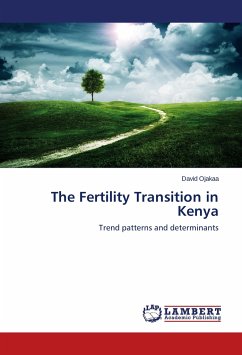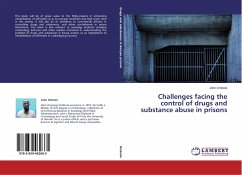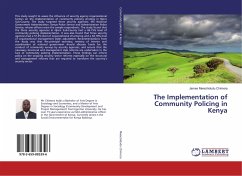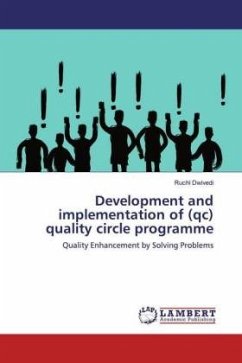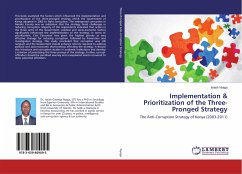
Implementation & Prioritization of the Three-Pronged Strategy
The Anti-Corruption Strategy of Kenya (2003-2011)
Versandkostenfrei!
Versandfertig in 6-10 Tagen
47,99 €
inkl. MwSt.

PAYBACK Punkte
24 °P sammeln!
This book examined the factors which influenced the implementation and prioritization of the three-pronged strategy which the Government of Kenya adopted in 2003 to fight corruption. The widespread corruption in Nairobi County was an indication that the strategy faced challenges in reducing corruption. Majority of the respondents indicated that actors in the three arms of the Government, political and socio-economic factors significantly influenced the implementation of the strategy. In terms of prioritization, Civic Education was given the highest priority as very effective strategy for reduc...
This book examined the factors which influenced the implementation and prioritization of the three-pronged strategy which the Government of Kenya adopted in 2003 to fight corruption. The widespread corruption in Nairobi County was an indication that the strategy faced challenges in reducing corruption. Majority of the respondents indicated that actors in the three arms of the Government, political and socio-economic factors significantly influenced the implementation of the strategy. In terms of prioritization, Civic Education was given the highest priority as very effective strategy for reducing corruption, followed by Prevention and Investigation strategy. This study concluded that corruption was still rampant and the Government should enhance reforms required to address political and socio-economic shortcomings affecting the strategy. It should also introduce anti-corruption studies in academic institutions and develop a criterion of prioritizing the three prongs of the strategy. Further, corrupt offenders should be punished severely and unexplained assets recovered to deter potential offenders.



